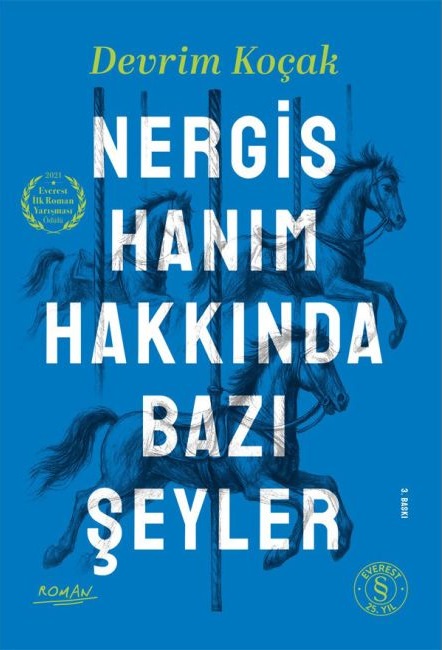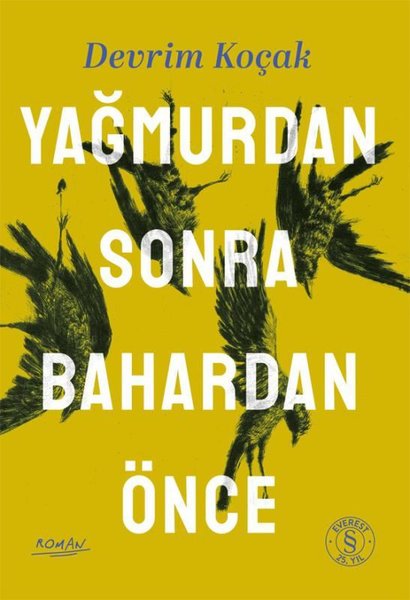Is the struggle of Zebercet, the character in Yusuf Atılgan’s novel “Anayurt Oteli”, with meaninglessness an indicator of an existential quest or surrender?
Zebercet in Yusuf Atılgan’s novel Anayurt Oteli is neither a fully searching subject nor a consciously surrendered figure on the existential plane; his life is rather a state of existence frozen between two extremes, stuck in a passive wait. When his struggle with meaninglessness is considered from a philosophical perspective, it can be read as a state of consciousness that oscillates between Kierkegaard’s despair, Heidegger’s anxiety, Camus’s absurd and Sartre’s concepts of consciousness cursed with freedom, but cannot fully hold on to any of them.
According to Søren Kierkegaard, despair is a person’s “inability or unwillingness to be oneself.” Zebercet’s life fulfills this definition. His daily life is an indicator of an existence that dissolves in repetitions. He can neither take root in the past nor develop an imagination for the future. His existence is stuck only in the present. What Kierkegaard calls a “fatal illness” grows silently inside Zebercet: a lack of courage to be oneself, an existential blindness.
Martin Heidegger defines the essence of “Dasein” in Being and Time as a being that can reflect on its own existence. According to him, a human being is a “being-towards-death” and can establish its own authentic life with this awareness. However, Zebercet lacks this potential. Even his relationship with death is an erasure that comes from a distance of awareness, a gradual collapse inward. The form of existence that Heidegger calls “das Man”, lost in ordinariness and sociality, finds another form in Zebercet’s uncanny loneliness: a consciousness that is alone with itself but cannot say anything about itself.
When viewed through Albert Camus’s “absurd” philosophy, Zebercet’s situation coincides with the rupture that man’s desire for meaning experiences in the face of the silence of the universe. In The Myth of Sisyphus, Camus states that confronting the absurd is only possible by bringing this situation to consciousness: “The absurd is the confrontation between man and the world.” However, Zebercet cannot realize this confrontation; for him, the absence of meaning is not an awareness, but a collapse. Camus says that there are three ways to deal with the absurd: suicide, a leap of faith, or rebellion. Zebercet’s silent suicide is the most passive of these three; he can neither overcome the absurd nor resist it.
Jean-Paul Sartre argues that man is “condemned to freedom” and says “man is what he makes himself.” Sartre’s understanding of freedom includes the responsibility of the individual to create meaning through his actions. However, Zebercet cannot bear this freedom. His passivity is, in Sartre’s words, “bad-faith consciousness”: an attitude of being that denies its own freedom and evades responsibility.
In light of all these philosophical frameworks, Zebercet’s struggle with meaninglessness is not so much a “quest” as a frozen state of surrender, where even this search has not begun. However, since this surrender is not experienced with awareness, it is not a fully conscious “surrender”; rather, it is an expression of existential disorientation, inner dissolution, and an indestructible resistance against loss of meaning. Zebercet cannot reach any of the existential potentials pointed out by philosophers; therefore, his story is the narrative of a silence that is crushed under the weight of existence, but cannot even express this crushing.


